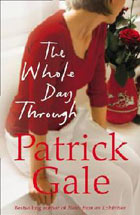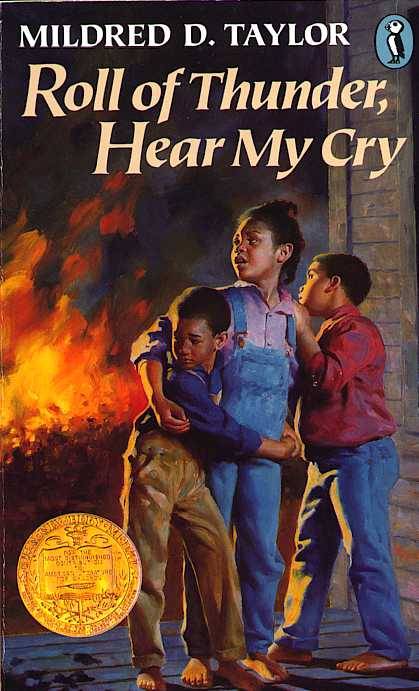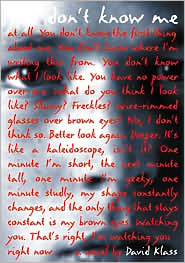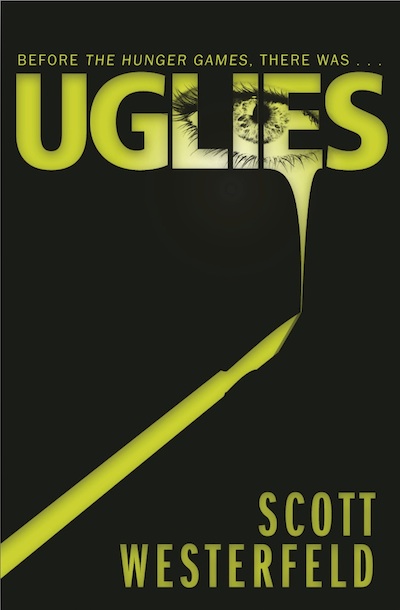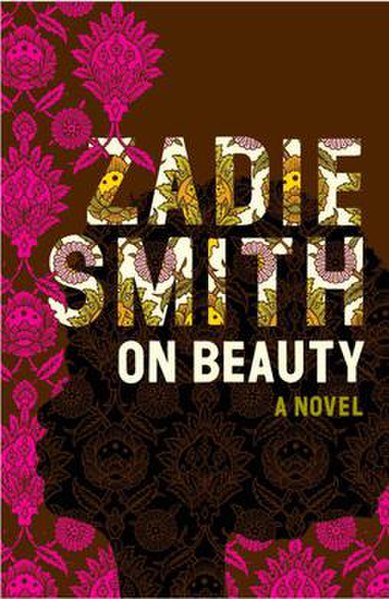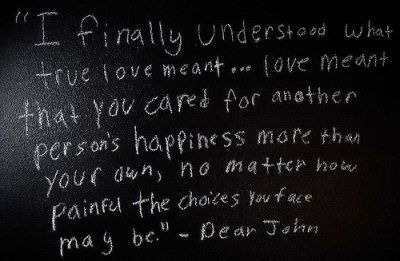I’ve impressed myself with the books I’ve read this year.
Not necessarily in terms of the quality I’ve read (come on, Pretty Little
Liars, whilst addictive books and TV show, is not ‘literature’) but in the
quantity. Whilst I’ve never kept such a dedicated list before 2012 (when I
managed 76 books) I’m sure 115 books has to be a record for me.
There’s been a definite slant towards YA fiction this
year, although not quite as much of a slant as it felt like whilst I was
actually doing the reading. I also read more non-fiction books than I have
since I did my degree/Masters, so I’m impressed with that.
Having read so many books, even having kept (several)
lists, I’ve forgotten some of them already. Inevitable I suppose. However, some
have stayed with me and I’ve therefore compiled my top five of the year.
Interestingly, these were read in the first 2/3rds of the year, four of them in
the first half. Clearly my taste in books either got worse (as in, I read
trash) or I became more discerning (doubtful). I've linked to the original blog review where I've done one. In the order I read them:
Book #9: The Crow Road by Iain Banks. Apt that this book
should be in my top five in the year Banks sadly passed away all too early.
This was skilfully written whilst still being engaging. I shall be reading more
of his work in 2014.
Book #26: A Perfectly Good Man by Patrick Gale. A book
which achieved the impossible – both my mother and I enjoyed it! This is an
extremely rare occurrence and testament to Gale’s writing and
character-building. A book where nothing much happens and yet everything happens.
Book #39: A Monster Calls by Patrick Ness. Stunning. Not
just one of the best books I’ve read this year, but, I think, ever. So so
beautiful. A wonderful concept from Siobhan Dowd, another writer gone too soon.
Book #73: Roll of Thunder, Hear My Cry by Mildred D
Taylor. Okay, so it’s not quite To Kill a
Mockingbird, but the way I felt when I read it was like I felt when I read
Harper Lee’s novel for the first time. Gorgeous. And screw you, Michael Gove,
for believing our kids should only be studying the work of writers from the
British Isles. This did more for me than any of Dickens’ dirges.
Being positive doesn’t come naturally to me (perhaps
something to consider for 2014!) so where there is a best five, there should
probably be a worst five as well. In the order I read them:
Book #7: The Daylight Gate by Jeanette Winterson. I don’t
like Jeanette Winterson’s writing is probably what this comes down to. It was
short, which was a plus, but just so tedious to get through.
Book #20: True Things About Me by Deborah Kay Davies. I
felt a bit grubby after reading this and hated all the characters. The modern
day The Bell Jar in her dreams.
Book #51: Once Upon a Prince by Rachel Hauck. Of course. So
effing bad it’s insulting. Next.
Book #56: Janie Face to Face by Caroline B Cooney. This
is mainly here because it was such a shoddy ending to a series I once enjoyed.
Almost offensively bad, like the fans didn’t deserve better. Paper-thin plot
and characters and clumsy execution.
Book #63: The Bell by Iris Murdoch. Boring. No other word
for it.
An honourable mention for worst read goes to Harvesting the Heart by Jodi Picoult, saved only by the fact that it was at least readable.
I really don’t think I can better 115 books next year.
What I think I can do is alter slightly the types of book I’m reading. I need
to read more non-fiction, and I may have found my niche in true crime fiction
like Columbine. I also think I should
read more books published before the 20th century, even if I find
them hard work. There has to be more to it than Dickens, right? I’m also
tempted to try the Man Booker Shortlist to try and raise my game.
I can try, anyway!

